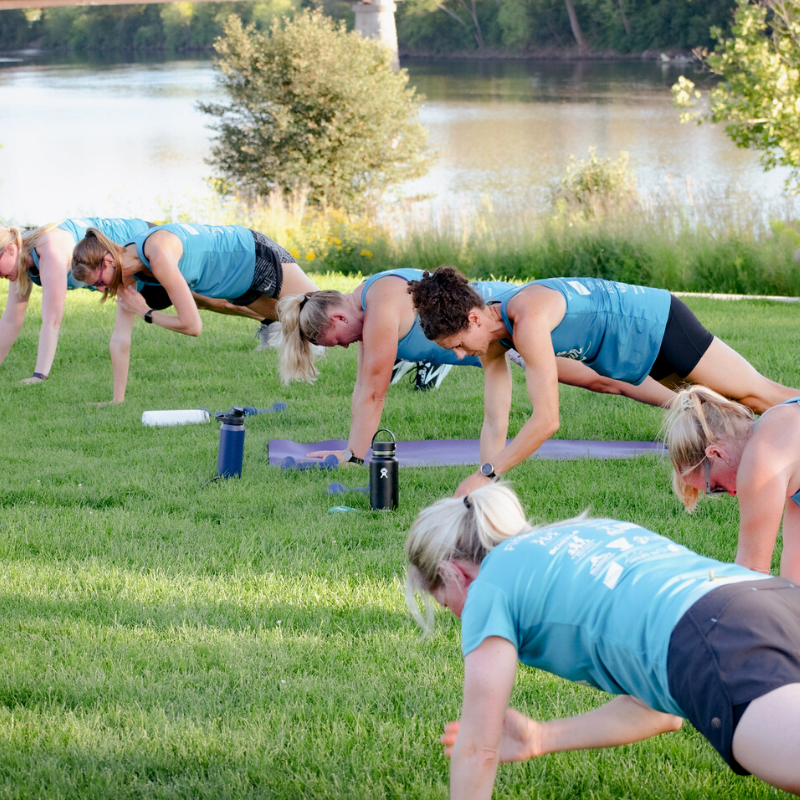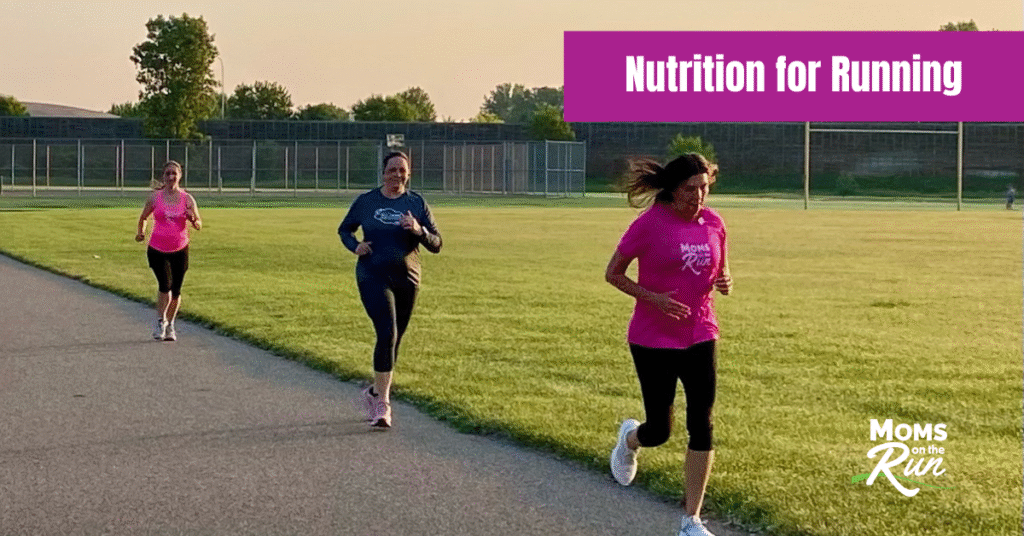When it comes to running, most of us think about training plans, shoes, and recovery tools. However, nutrition is just as critical to becoming a stronger, healthier runner. Food isn’t just fuel – it’s the foundation for performance, energy, recovery and long-term health. Whether you’re running your first 5K or training for a marathon, the way you nourish your body has a direct impact on how well you train, how quickly you recover, and how resilient you are against illness and injury.
Macronutrients
One of the most important aspects of nutrition for runners is understanding macronutrients: carbohydrates, proteins, and fats. Carbohydrates are your body’s preferred energy source for running, especially at moderate to high intensities. They help stock your muscles with glycogen, which acts like a reserve fuel tank. Without enough carbs, runners often hit the dreaded “wall” and struggle to recover between workouts. Protein is essential for muscle repair and growth. Runners who skimp on protein may notice longer recovery times or even increased soreness. Fats, though sometimes overlooked, are crucial for hormone production, vitamin absorption, and long-duration fuel – especially during low to moderate intensity runs.
Micronutrients

In addition to macros, micronutrients (including vitamins and minerals) play vital roles in keeping a runner’s body functioning well. For example, iron helps deliver oxygen to muscles, and a deficiency can cause fatigue and poor performance. Vitamin D supports bone health and immune function, while calcium is essential for strong bones and muscle contractions. Runners who train outdoors have higher physical demands and often greater sweat loss, which means their bodies need more of certain vitamins and minerals compared to sedentary individuals.
Trace Elements
Trace elements like zinc, selenium, and magnesium may be small in quantity but they pack a big punch. Zinc is key for immune health and wound healing, while magnesium supports muscle function, energy production, and sleep quality. A deficiency in magnesium can lead to muscle cramps and fatigue — issues many runners mistakenly attribute solely to overtraining. Paying attention to these micronutrients is essential, especially during heavy training cycles or if following restrictive diets.
Electrolytes
Another huge piece of the puzzle for runners is electrolyte balance. Electrolytes — like sodium, potassium and chloride — are lost through sweat and are critical for muscle contraction, hydration, and maintaining heart rhythm. Especially on long runs or hot days, failing to replace these can lead to dehydration, dizziness, cramps, or worse. That’s why many runners benefit from electrolyte-rich sports drinks, salt tabs, or whole food sources like bananas, coconut water, or broth after a workout.
Timing of Nutrition
Timing matters, too. What you eat before, during, and after your run can dramatically affect how you feel and perform. A pre-run meal rich in easily digestible carbs and a small amount of protein (like toast with nut butter or oatmeal with banana) provides sustained energy. For runs over 60–90 minutes, fueling during your workout with carbs — gels, chews, or even dried fruit — can delay fatigue. After your run, aim to eat a mix of protein and carbs within 30–60 minutes to kickstart recovery and replenish glycogen stores.
Hydration
Hydration is another pillar of nutrition. Many runners forget that even slight dehydration can impair performance. Instead of just drinking water when you’re thirsty, plan ahead by hydrating throughout the day, especially before and after runs. Add electrolytes to your water when running longer distances, sweating heavily, or training in the heat. Your muscles and joints function best when your body is well hydrated.

Good nutrition isn’t just about eating “healthy,” it’s about eating strategically to support the demands of training. Runners need a balance of carbohydrates, protein, and fats, along with a rich supply of vitamins, minerals, and electrolytes to perform at their best. Nourishing your body with the right foods at the right time improves energy, boosts immunity, speeds recovery, and helps you hit those big running goals. Learn more about the fueling needs of runners in this great article from Runner’s World UK. Then commit to fueling smart! Your body will thank you every mile of the way.

